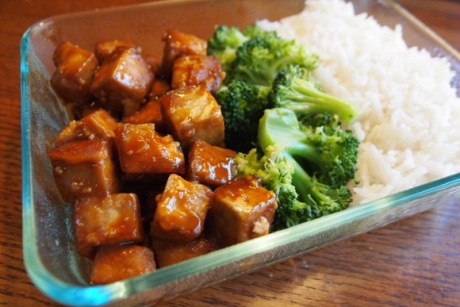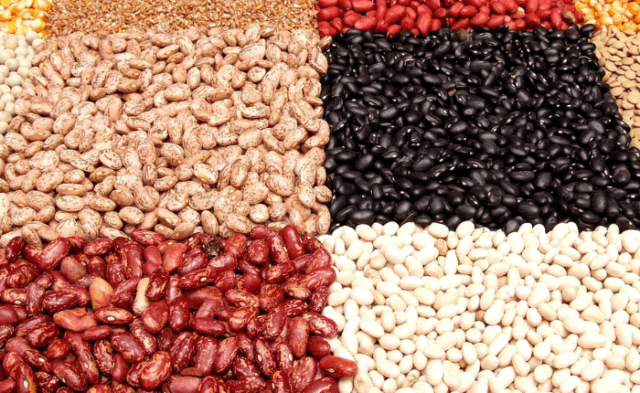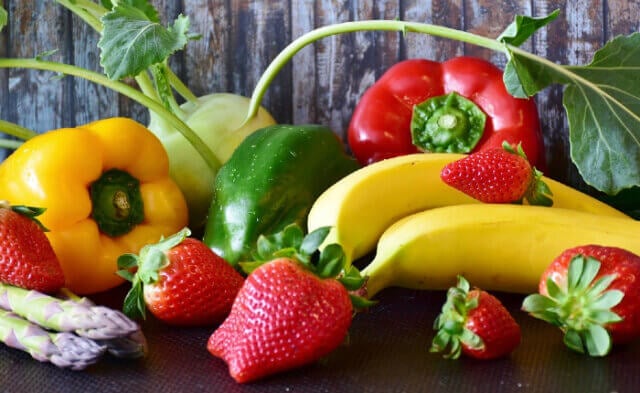We already know that milk isn’t good for animals or the environment, and now there’s new evidence that it probably isn’t doing your bones any favors, either. A new study published in the BMJ found that increasing dietary calcium intake provides a small “non-progressive” increase in bone mineral density (BMD), which directly affects bone health. How small? A minuscule 0.6 to 1.8 percent. The study concluded that this tiny amount is “unlikely to translate into clinically meaningful reductions in fractures.”
The study also found that increasing dietary calcium intake doesn’t provide any ongoing reduction in rates of BMD loss past a year. When you consider the fact that the average rate of BMD loss in post-menopausal women is about 1 percent a year, the effect of eating or drinking more dairy foods for more than one year will only slow, not stop, BMD loss. Researchers concluded that for most individuals concerned about their bone density, increasing calcium intake is unlikely to be beneficial, which is good news for the cows, goats, and sheep who are abused in the dairy industry.
As we age, we’re at a higher risk of developing bone fractures. But animal proteins, such as milk, produce poisonous byproducts when they’re broken down, causing the body to buffer these toxins with calcium before they’re eliminated. The body has to use the calcium in milk plus calcium stored elsewhere, including in the bones, to complete this process. In other words, drinking milk actually leaches calcium from your bones, putting you at risk of developing osteoporosis.
If you’re still worried about getting enough calcium, get it from plant-based foods, such as beans, soy milk, blackstrap molasses, flaxseeds, quinoa, oatmeal, almonds, kale, broccoli, and other leafy green vegetables that allow the body to store calcium in the bones. Soymilk actually provides about the same amount of calcium per serving as milk or other dairy products, and a teaspoon of baking powder (yes, baking powder!) contains anywhere between 217 and 339 milligrams of calcium, depending on the kind.
Learn more about how you can improve your health by eating healthy vegan foods (without the saturated fat, hormones, antibiotics, and pus in milk) here.





